Kucha, China | May 26, 2025
China has stepped up a carefully choreographed media campaign in its restive Xinjiang region, as international scrutiny over human rights abuses continues to mount—and as independent, including U.S.-funded, media outlets remain absent from the ground.
Promoted by state outlets including People’s Daily Online, the event was presented as a celebration of ethnic harmony and cultural preservation. Footage and photographs emphasized smiling performers, restored alleyways, and festive scenes.
In the latest push, foreign journalists attending a Shanghai Cooperation Organization (SCO) event in Kuqa, northwest China, were invited to join traditional Uyghur dances and tour curated heritage sites. The visit, widely promoted by state media including People’s Daily Online, showcased scenes of ethnic harmony and cultural celebration.
Framed as a celebration of diversity, the tightly controlled tour comes as Beijing faces sustained accusations of repression in the region—ranging from mass surveillance to forced assimilation and the detention of over one million Uyghurs and other Muslim minorities in facilities China refers to as “vocational training centers.”
While China offers select foreign media guided access, prominent international outlets—especially those funded by the U.S., such as Radio Free Asia—have long been denied entry or expelled, making independent reporting from Xinjiang nearly impossible. Analysts say the resulting media vacuum allows Beijing to dominate the narrative.
“By keeping critical journalists out, China can stage-manage its version of reality,” said one media freedom advocate who requested anonymity for safety reasons.
Critics argue these tours are part of a broader propaganda apparatus aimed at countering growing global awareness of human rights violations in the region. Human rights organizations remain barred from conducting unfettered investigations.
“Such events don’t reflect life on the ground—they erase it,” said a Uyghur exile now based in Europe.
Despite the glossy imagery, international skepticism is deepening. As trusted independent voices remain sidelined, China’s strategy is drawing concern not just for what it shows—but for what it silences.

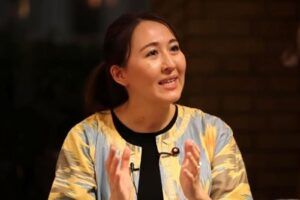

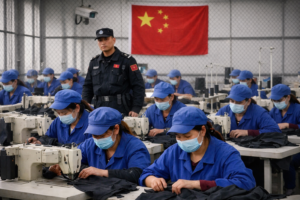
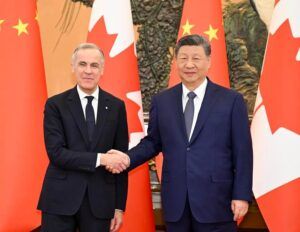
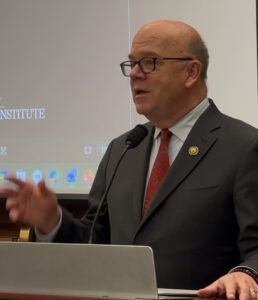
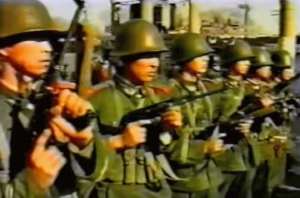
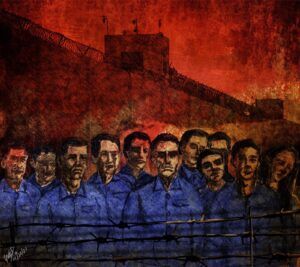


Be First to Comment